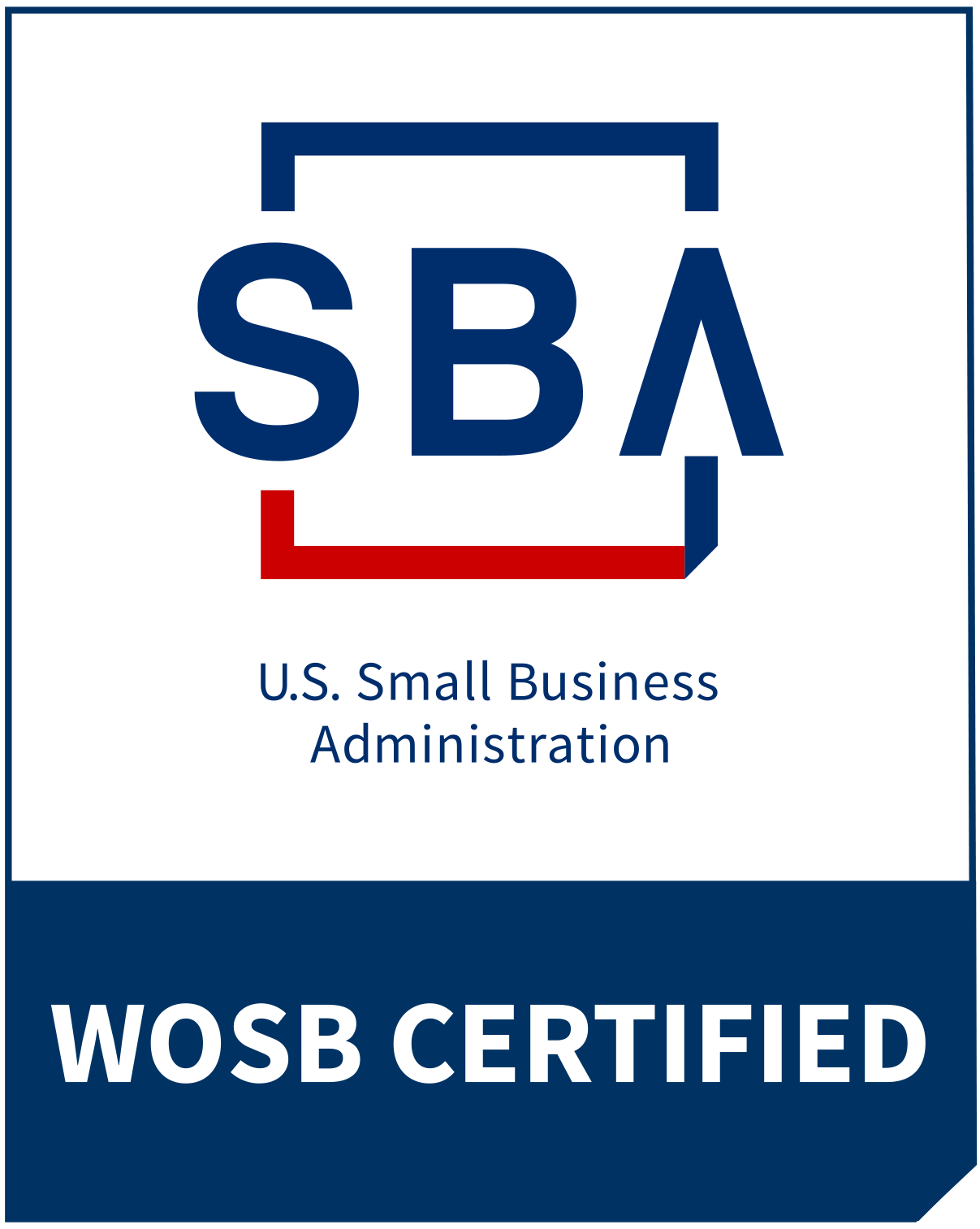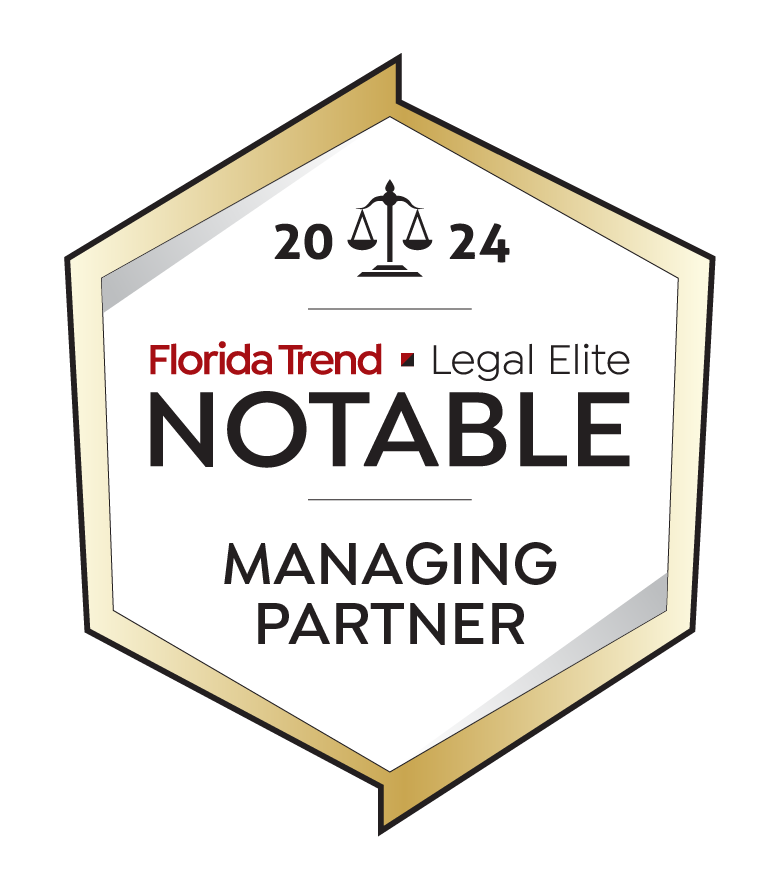Probate can be a lengthy process that reduces the value of your estate and privacy. However, several options are available to keep your estate from entering probate after you pass. If you have questions on how to avoid probate in South Miami, a lawyer can help.
Experienced probate law attorneys understand the power of estate planning and the tools available for avoiding probate. Speaking with a lawyer can help you create a plan that preserves your legacy and privacy.
What Is Probate?
Probate is the legal process for administering an estate after a person dies. It is initiated by filing a will, if one exists, and providing a date of death to the Miami-Dade County probate court. The court then opens the probate and appoints a personal representative to manage it.
The personal representative must then create an accounting of the estate, pay any debts or taxes owed on the estate, and distribute assets according to the will or Florida law.
When Is Probate Required?
Probate is required both if a person dies without a will (intestate) or with a will (testate). In Florida, all estates worth more than $75,000 are subject to a formal probate administration. However, summary probate administration is available for estates worth less than $75,000, or if the decedent has been dead for more than two years. Additionally, a disposition of personal property without administration is available in limited circumstances.
Finally, a probate is not required if no probate assets exist. Assets are not subject to probate if they are held in transfer on death or payment on death accounts, trusts, retirement accounts, and certain jointly owned property. While probate is sometimes required, a South Miami lawyer can help you determine the best course of action to avoid the process.
Options to Avoid Probate
As mentioned, probate can be avoided if there are no probate assets. Assets held in specific accounts or legal devices are not considered probate assets.
Trusts
Living trusts can be useful tools for managing assets during life and directing property after death. Certain trusts allow the creator to continue using assets while also removing them from their personal estate and assigning new ownership.
Transfer on Death or Payment on Death Accounts
Transfer on death (TOD) or payment on death (POD) accounts are not usually subject to probate. This is because these accounts name the beneficiary or beneficiaries, and payment is made directly to them.
Life Insurance, Annuities, and Retirement Accounts
Similar to TOD and POD accounts, life insurance, annuities, and retirement accounts are not subject to probate as long as a named beneficiary exists. Proceeds from these accounts are paid directly to the beneficiary or beneficiaries without the need for a probate process.
Jointly Owned Property with a Right of Survivorship
Jointly owned property with a right of survivorship is also not subject to probate because the co-owners have agreed that if one owner dies, their share will automatically pass on to the other owner(s).
Avoiding probate in South Miami requires careful planning. Individuals must ensure that all assets and property are kept in the appropriate devices, and that beneficiaries and contingent beneficiaries are named. For this reason, accounts and estate plans should be regularly reviewed.
Contact a South Miami Attorney Today to Learn How to Avoid Probate
Probate can be a costly and time-consuming process. Administration fees, court fees, creditor notices, and appraisal fees can significantly diminish the value of an estate, reducing the beneficiaries’ inheritance. Moreover, probates are part of the public record. Keeping one’s financial and family affairs private may be a key reason to avoid probate.
The Florida Probate & Family Law Firm is ready to help you understand how to avoid probate in South Miami. A skilled lawyer can create comprehensive estate plans to secure your legacy and protect your privacy, so contact us today to schedule a free case evaluation.



























